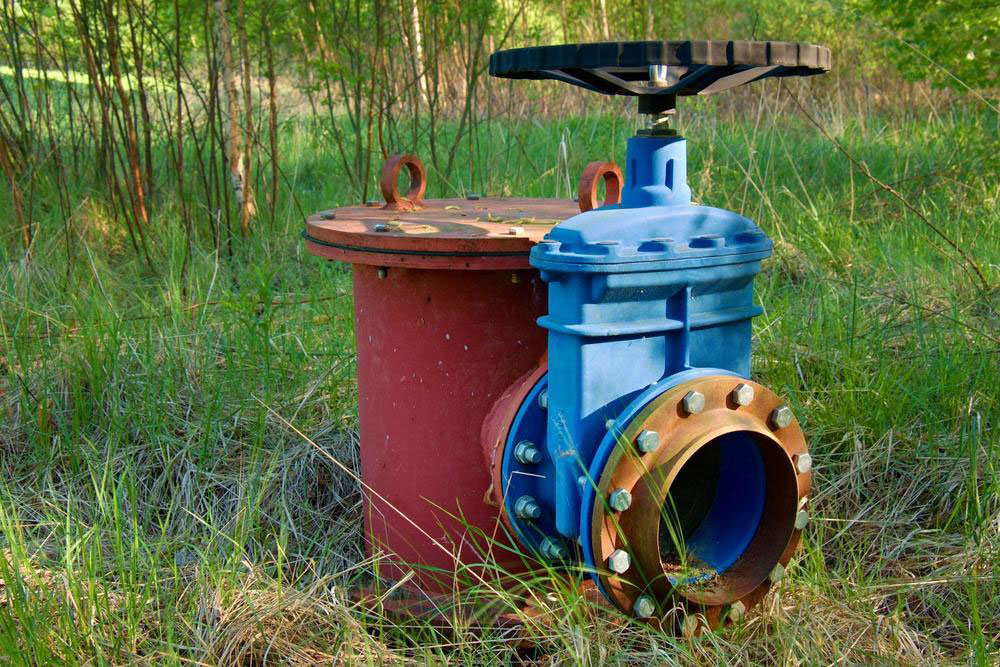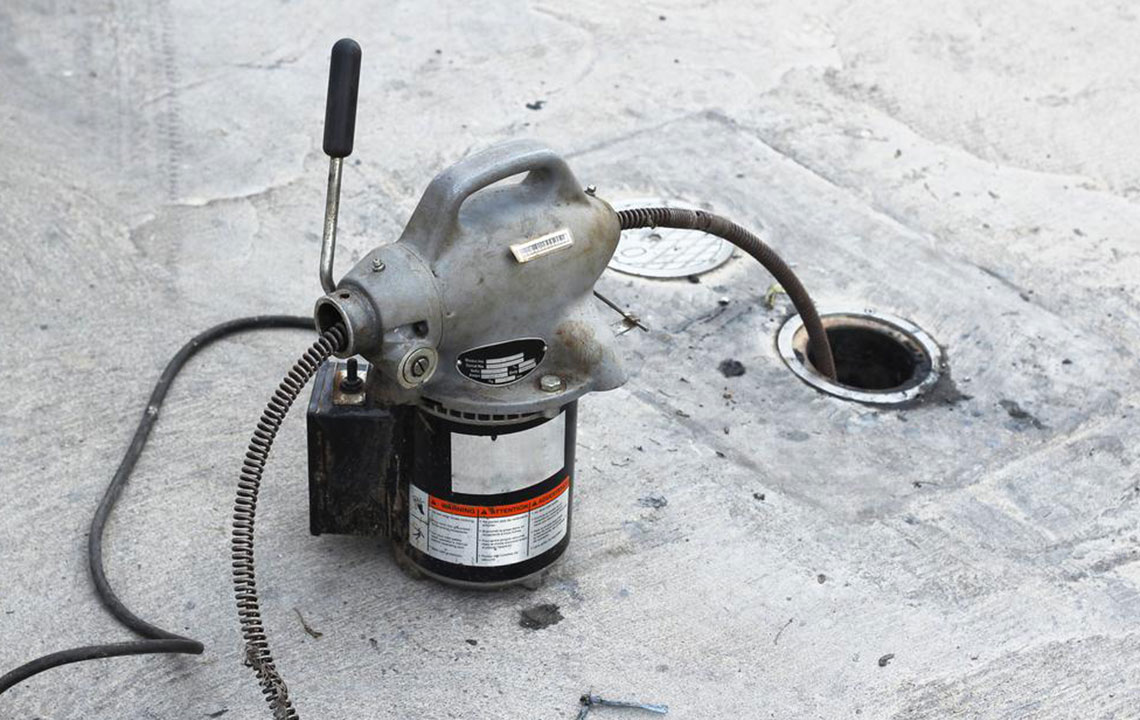Essential Tips for Septic System Care and Maintenance
Learn essential tips for maintaining your septic system effectively. Regular inspections, proper water conservation, and timely pumping can extend the lifespan of your septic system while protecting the environment. Follow best practices such as avoiding chemicals, using grass cover for drain fields, and preventing overflows. This guide provides practical advice for homeowners to ensure their septic systems operate smoothly and safely, promoting public health and environmental safety.

Effective Strategies for Septic System Maintenance
Septic systems are vital for managing household waste and treating wastewater, preventing harm to nearby land and water sources. Proper upkeep ensures health safety and system longevity.
Understanding How Septic Systems Work
Your septic system comprises multiple components that regulate waste flow.
Septic Tank Functionality
Wastewater from your home drains into the septic tank, where solids settle and bacteria break them down into gases and sludge. Floats form a scum layer on top.
Outflow Control
A T-shaped outlet manages liquid exit while preventing solids and scum from leaving the tank.
Drain Field Area
Wastewater is safely discharged into the drain field, which consists of pipes laid out in gravel trenches on land. Water flows through the pipes, through the gravel, into the ground.
Maintenance Tips
Regular upkeep benefits both your household and the environment by preventing contamination.
Inspection and Monitoring
Schedule annual inspections with professionals to monitor sludge and scum levels. If the scum layer approaches six inches from the outlet or the sludge is within 12 inches, pumping is necessary. Watch out for foul odors, seepage, slow drains, or gurgling sounds, and seek professional help accordingly.
Pumping Schedule
Pump your septic tank every three years to maintain proper function.
Best Practices for System Health
Limit water use to prevent overflows — an average household of three produces roughly 300 gallons daily. Tips include upgrading to water-efficient toilets, installing flow restrictors, washing full loads only, and avoiding flushing solids like diapers or chemicals. Do not dispose of oils, paints, or chemicals down drains; they harm beneficial bacteria and pollute water sources. Cover the drain field with grass, avoid using it for parking, and divert rainwater away from the area.
By following these practices, scheduling regular inspections, and timely pumping, you can ensure your septic system remains reliable and efficient.









